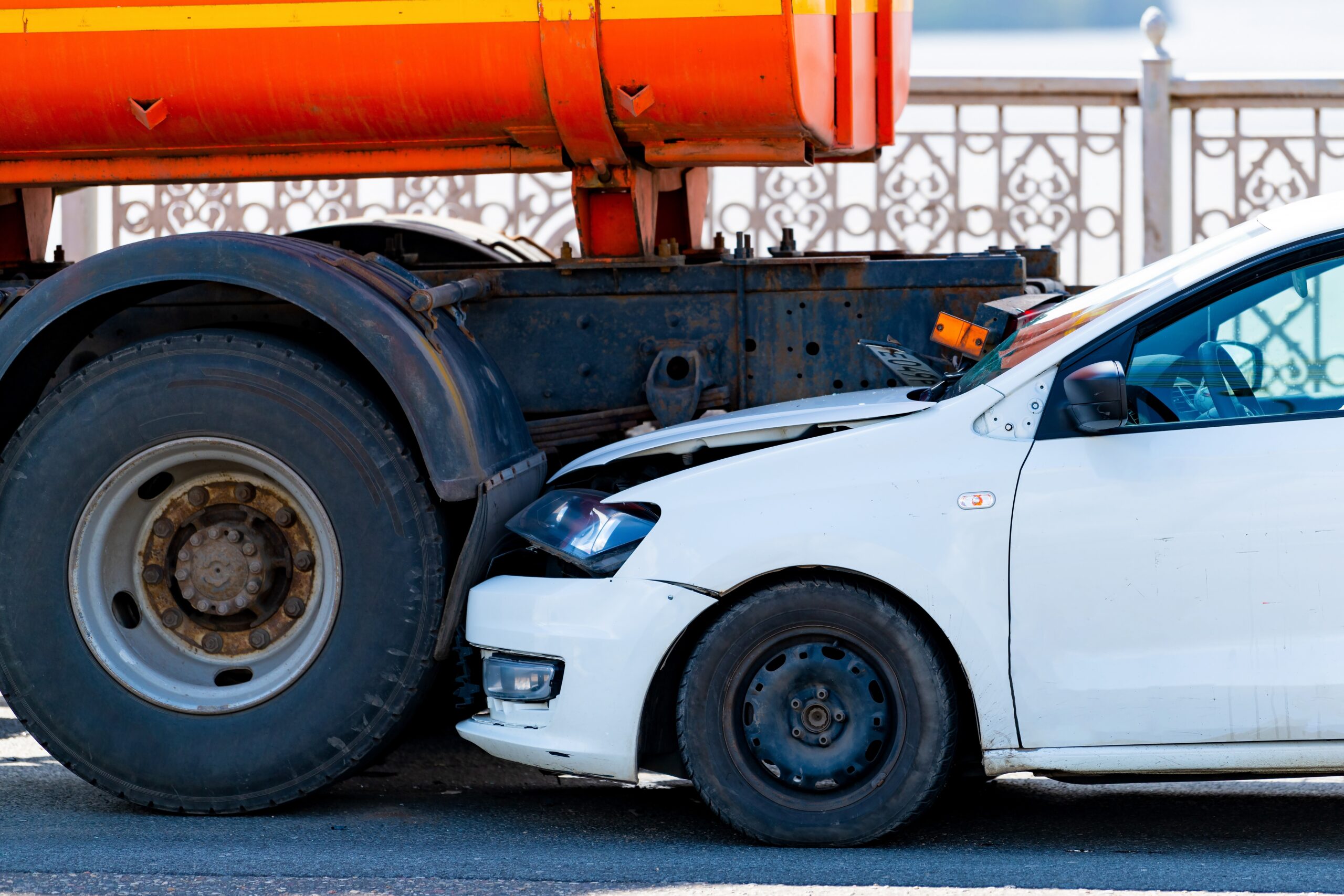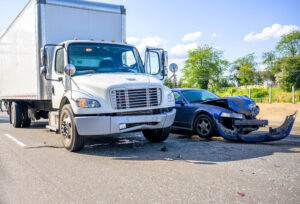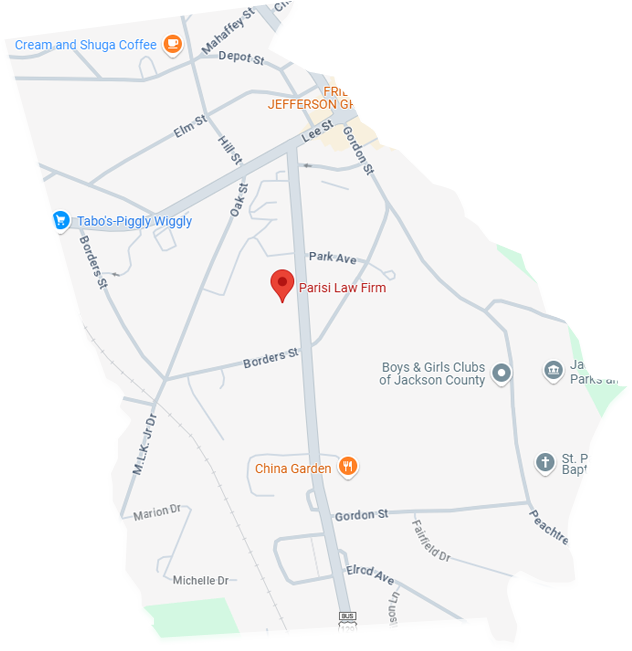Accidents involving commercial trucks are some of the most devastating and legally complex situations on the road. A collision between a car and a truck often leads to serious injuries or even fatalities, leaving victims and their families with overwhelming financial, emotional, and legal challenges. Determining liability in such cases is critical, but it’s far from straightforward. Various factors—from driver behavior to industry regulations and road conditions—come into play.
If you’ve found yourself grappling with questions about liability after such an accident, this post will guide you through the essential factors in determining responsibility, explain the complexities of laws surrounding commercial truck accidents, and help you understand why consulting an experienced truck accident lawyer could be a pivotal step.
Why Determining Liability in a Truck Accident Is Different
Unlike typical car accidents, incidents involving commercial trucks are governed by additional legal and regulatory frameworks. While personal vehicles are subject to standard traffic laws, commercial trucks must comply with strict federal and state regulations overseen by agencies like the Federal Motor Carrier Safety Administration (FMCSA).
This creates a unique layer of complexity, as truck drivers, trucking companies, vehicle manufacturers, and even third-party service providers can all be held liable depending on the circumstances of the collision.
Common Causes of Car and Truck Collisions
Understanding what went wrong during an accident is key to determining liability. Common causes of these collisions include:
- Driver Fatigue: Commercial truck drivers often face demanding schedules. Despite FMCSA regulations on hours of service, fatigue remains one of the leading causes of truck accidents.
- Distracted Driving: Like any driver, commercial truck operators may be distracted by mobile devices, navigation systems, or other in-cabin activities.
- Improperly Loaded Cargo: If the truck’s cargo is unevenly loaded or overweight, it could cause the driver to lose control, resulting in an accident.
- Mechanical Failures: Brake failures, tire blowouts, or other mechanical defects can contribute to collisions.
Each of these scenarios involves different parties who might be held accountable, making liability a complex question that requires investigation.
Who Can Be Held Liable in a Truck Accident?
Liability in a car-truck collision rarely rests solely on the truck driver. Often, multiple parties may share responsibility. Here are the key players who could potentially be liable:
1. The Truck Driver
Truck drivers are held to higher standards than regular drivers due to the nature of their work. If they were fatigued, distracted, under the influence of drugs or alcohol, or otherwise negligent, they might be held liable for the accident.
2. The Trucking Company
Employers are responsible for ensuring their drivers are adequately trained, follow safety protocols, and operate within the bounds of the law. If the trucking company failed to monitor driver performance or pushed unreasonable delivery schedules that encouraged unsafe practices, they could share the blame.
3. Cargo Loaders
If improperly loaded or unsecured cargo shifts during transit, causing the driver to lose control, the party responsible for loading the cargo may be held liable.
4. Vehicle Manufacturers and Maintenance Providers
A mechanical defect or lack of proper maintenance could mean that the vehicle manufacturer or maintenance provider shares liability for an accident. For instance, if a brake failure caused the crash and it was discovered that the brakes were defectively designed or poorly maintained, these third parties may be held accountable.
5. Other Drivers or External Parties
Not all collisions are solely the result of the commercial truck or its affiliates. Reckless driving from other vehicles, poor road conditions, or improper signage could lead to shared liability in an accident.
Evidence to Prove Liability
When determining liability, gathering and preserving evidence is crucial. The following types of evidence are often critical for building a strong case:
- Driver’s Logbooks and Hours Records: These documents can confirm whether the truck driver adhered to FMCSA regulations on driving hours.
- Black Box and GPS Data: Most commercial trucks are equipped with electronic devices that record the vehicle’s speed, braking patterns, and other valuable data.
- Maintenance and Inspection Records: Ensuring the truck was properly maintained can play a pivotal role in proving negligence.
- Dashcam Footage: If available, this can offer an unbiased recording of the accident.
- Eyewitness Reports: Statements from bystanders or other drivers can corroborate the details of the incident.
- Accident Scene Photos: Visual documentation of the crash scene, including vehicle damage, road conditions, and skid marks, can help experts reconstruct the sequence of events.
An experienced semi truck accident lawyer will know exactly what evidence to look for and how to use it to establish liability.
How a Truck Accident Lawyer Can Help
Dealing with the aftermath of a truck accident can be overwhelming, especially when injuries, medical bills, and legal complexities pile on. This is where a skilled personal injury lawyer or truck accident lawyer can make all the difference.
Here’s how they can assist:
- Legal Guidance: Truck accident laws can be daunting to understand. Your lawyer will break them down and guide you on the best course of action.
- Thorough Investigation: They’ll gather critical evidence, consult with experts, and reconstruct the accident scene to build a strong case.
- Identifying All Potential Defendants: Because liability often spreads across multiple parties, an experienced lawyer will ensure all responsible entities are accounted for, which increases the chances of a fair settlement.
- Negotiating with Insurance Companies: Trucking companies and their insurers often have aggressive legal teams on their side; a truck accident lawyer will advocate for your rights and ensure you’re not lowballed.
- Compensation Pursuit: Whether you’re entitled to compensation for medical bills, lost wages, property damage, or emotional distress, your lawyer will fight to secure what you deserve.
Why Choose Parisi Law Firm
At Parisi Law Firm, we specialize in personal injury cases and have years of experience navigating the complexities of commercial truck accidents. Whether you’re dealing with a minor collision or a devastating semi truck accident, our dedicated legal team is here to fight for you.
We take pride in helping victims get the compensation they need to cover medical expenses, lost income, and other burdens. With a proven track record and a passion for justice, we’re the partner you need during this challenging time.
Take Control of Your Situation
Recovering from a collision with a commercial truck is no easy feat, but you don’t have to do it alone. Determining liability and securing fair compensation requires expertise, tenacity, and a commitment to justice.
If you or a loved one has been involved in a truck accident, don’t wait. Contact Parisi Law Firm today for a free consultation to discuss your case with an experienced semi truck accident lawyer.








